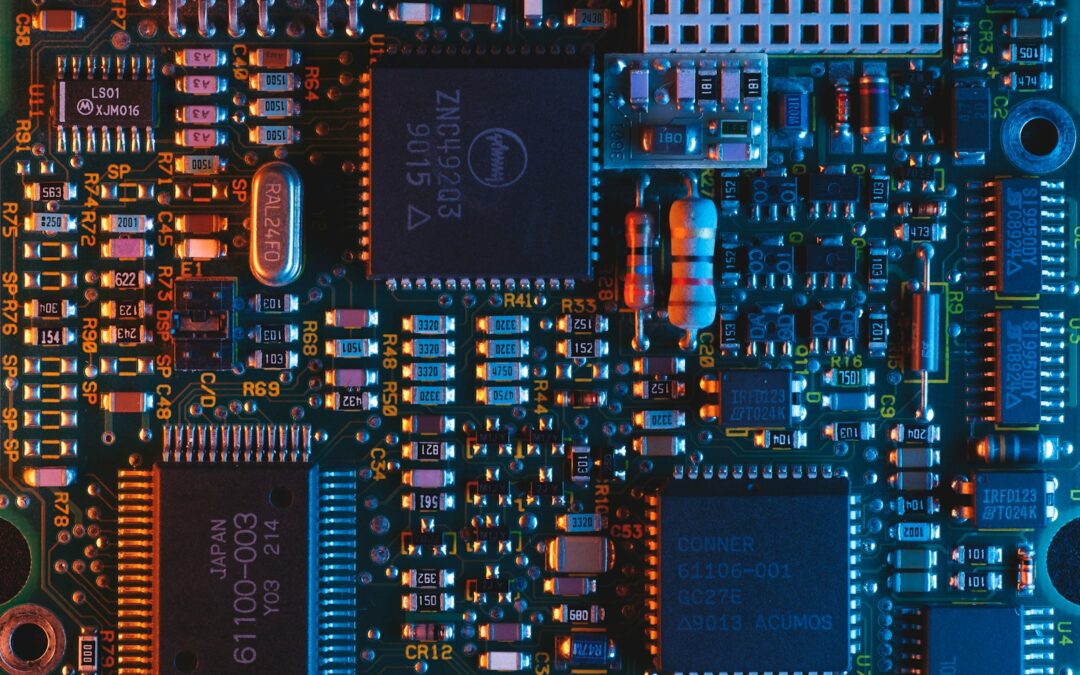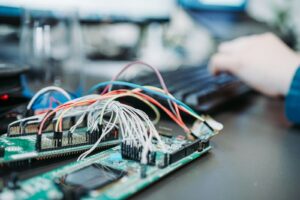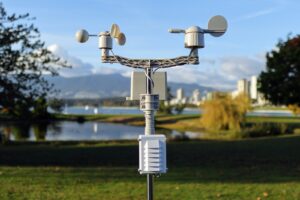Enhancing Mobile IoT Connectivity with LPWAN Technology
LPWAN technology for mobile IoT connectivity is revolutionizing the way businesses manage and deploy Internet of Things (IoT) devices across vast areas. In regions like Saudi Arabia and the UAE, where digital transformation is a key strategic priority, the need for reliable and seamless connectivity is more critical than ever. LPWAN, or Low Power Wide Area Network, offers a promising solution by enabling mobile IoT devices to maintain connectivity over long distances while consuming minimal power.
One of the most significant advantages of LPWAN technology is its ability to provide coverage in remote and hard-to-reach areas, which is particularly relevant for industries such as oil and gas, agriculture, and logistics. In Saudi Arabia, for example, businesses can leverage LPWAN to monitor and manage operations across sprawling desert landscapes, ensuring that critical data is transmitted in real-time without the need for expensive infrastructure. Similarly, in the bustling urban centers of Riyadh and Dubai, LPWAN facilitates the deployment of smart city applications, such as traffic management and environmental monitoring, by providing robust connectivity even in dense environments.
Furthermore, the low power consumption of LPWAN makes it an ideal choice for mobile IoT devices that require long battery life. This is especially important for applications where devices are deployed in the field for extended periods, such as in agriculture or asset tracking. By reducing the need for frequent battery replacements, businesses can achieve significant cost savings while maintaining the efficiency and reliability of their IoT networks. As Saudi Arabia and the UAE continue to lead in adopting modern technology, LPWAN’s role in enabling seamless mobile IoT connectivity cannot be overstated.
Key Benefits of LPWAN Technology in IoT Deployments
The adoption of LPWAN technology in IoT deployments offers several key benefits that make it an attractive option for businesses looking to enhance their connectivity solutions. One of the primary advantages is the technology’s ability to provide wide-area coverage with minimal infrastructure requirements. This makes it particularly suitable for large-scale IoT projects that span vast geographical areas, such as smart agriculture initiatives in the UAE, where sensors and devices need to communicate across fields and remote locations.
Another significant benefit of LPWAN is its cost-effectiveness. Compared to traditional cellular networks, LPWAN solutions like LoRaWAN and Sigfox offer lower deployment and operational costs, making them accessible to a wide range of industries. For businesses in Riyadh and Dubai, this cost efficiency translates into more affordable and scalable IoT solutions that can be rapidly deployed and expanded as needed. This is particularly valuable in dynamic industries such as logistics and transportation, where the ability to quickly adapt to changing demands is crucial for maintaining a competitive edge.
LPWAN technology also excels in providing reliable connectivity in challenging environments. Whether it’s the high humidity and extreme temperatures of the Middle Eastern deserts or the densely populated urban areas of major cities, LPWAN can maintain stable and consistent communication between IoT devices. This reliability is essential for critical applications such as environmental monitoring, where real-time data is necessary for making informed decisions and ensuring the safety and well-being of communities. As businesses in Saudi Arabia and the UAE continue to explore new ways to leverage IoT, LPWAN will play a pivotal role in enabling robust and resilient networks.
Implementing LPWAN Technology for Business Success
Strategies for Successful LPWAN Integration in IoT Projects
To fully realize the benefits of LPWAN technology for mobile IoT connectivity, businesses must carefully plan and execute their integration strategies. One of the first steps in this process is to conduct a thorough assessment of the specific requirements of the IoT application. This includes considering factors such as the geographic area to be covered, the expected data transmission rates, and the power consumption needs of the devices. By understanding these requirements, businesses can select the most appropriate LPWAN solution, whether it be LoRaWAN, Sigfox, or NB-IoT, to meet their connectivity goals.
Another critical aspect of successful LPWAN integration is ensuring compatibility with existing systems and infrastructure. For many businesses in the UAE and Saudi Arabia, IoT deployments are not entirely new; they often involve expanding or upgrading current networks. In such cases, it is essential to choose LPWAN technologies that can seamlessly integrate with existing platforms and protocols. This integration not only simplifies the deployment process but also ensures that the new IoT solutions can operate alongside other technologies without causing disruptions or compatibility issues.
Finally, businesses should consider the long-term scalability of their LPWAN deployments. As the demand for IoT applications continues to grow, the ability to scale the network to accommodate additional devices and services becomes increasingly important. By designing LPWAN networks with scalability in mind, businesses can future-proof their investments and ensure that their IoT solutions remain viable as technology and market conditions evolve. In the rapidly changing landscapes of Saudi Arabia and the UAE, this foresight is key to maintaining a competitive advantage and achieving sustained success in digital transformation initiatives.
Case Studies: LPWAN in Action in the Middle East
The implementation of LPWAN technology in the Middle East offers valuable insights into its potential for transforming various industries. In Saudi Arabia, for example, the use of LPWAN in smart agriculture has enabled farmers to monitor soil conditions, water usage, and crop health across vast areas with minimal manual intervention. By providing real-time data and alerts, these IoT solutions have significantly improved crop yields and resource management, contributing to the nation’s food security and agricultural sustainability goals.
In Dubai, LPWAN has been instrumental in the deployment of smart city initiatives aimed at enhancing public services and infrastructure. One notable example is the use of LPWAN to manage and monitor waste collection systems across the city. By equipping waste bins with IoT sensors, the municipality can optimize collection routes, reduce operational costs, and minimize environmental impact. This smart waste management solution not only improves efficiency but also supports Dubai’s broader vision of becoming a leading smart city in the global arena.
These case studies highlight the versatility and effectiveness of LPWAN technology in addressing the unique challenges faced by businesses in the Middle East. Whether it’s optimizing agricultural practices in Saudi Arabia or enhancing urban infrastructure in Dubai, LPWAN provides a reliable and cost-effective solution for enabling seamless IoT connectivity. As the region continues to embrace digital transformation, the adoption of LPWAN will undoubtedly play a crucial role in driving innovation and achieving long-term business success.
In conclusion, LPWAN technology for mobile IoT connectivity is a game-changer for businesses across various industries in Saudi Arabia, the UAE, and beyond. By offering wide-area coverage, low power consumption, and cost-effective deployment options, LPWAN enables businesses to unlock the full potential of their IoT solutions. As the demand for connected devices and applications continues to rise, embracing LPWAN technology will be essential for staying competitive and driving digital transformation in the modern business landscape.
—
#LPWAN #IoTConnectivity #DigitalTransformation #SaudiArabia #UAE #BusinessSuccess #Leadership #ProjectManagement













